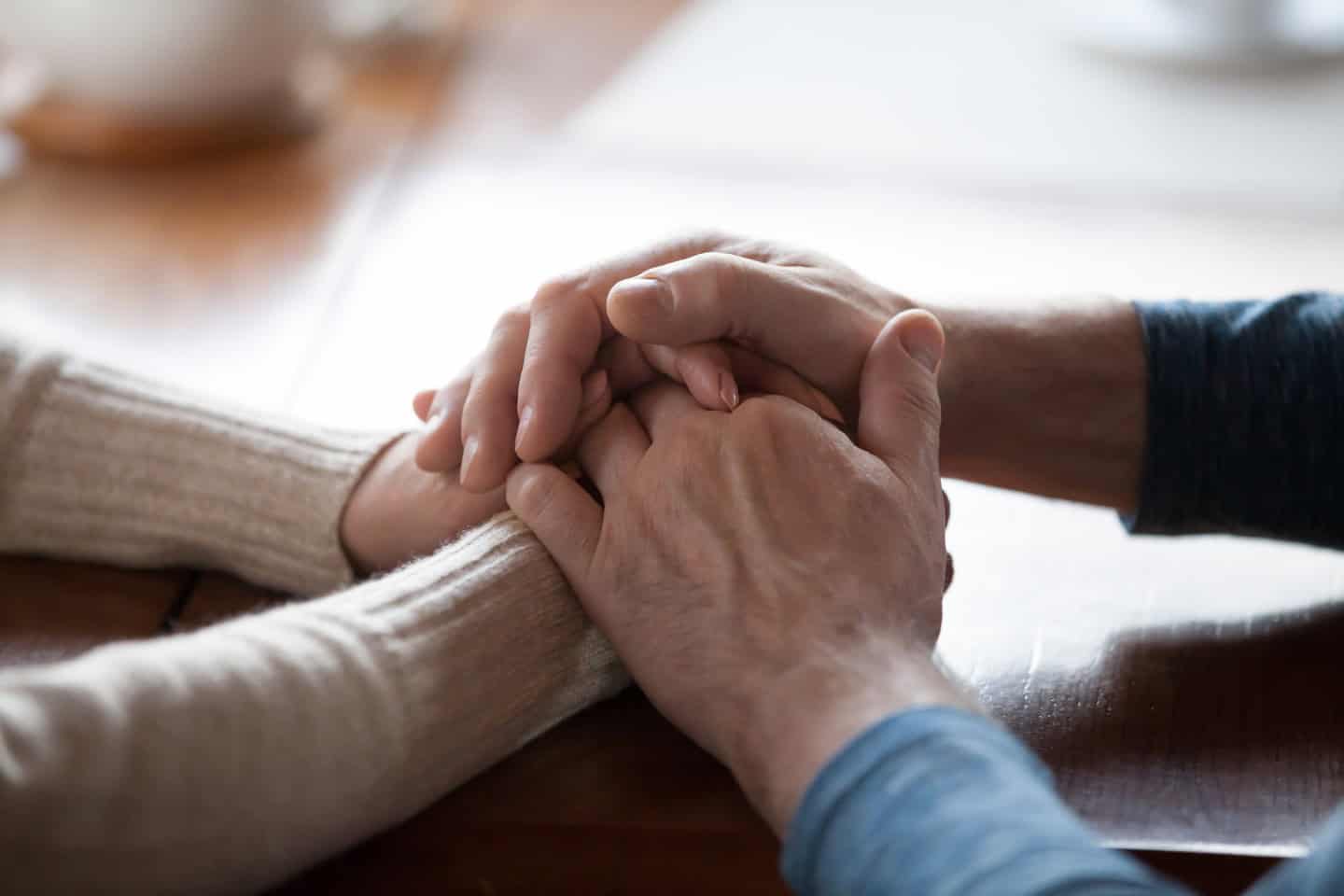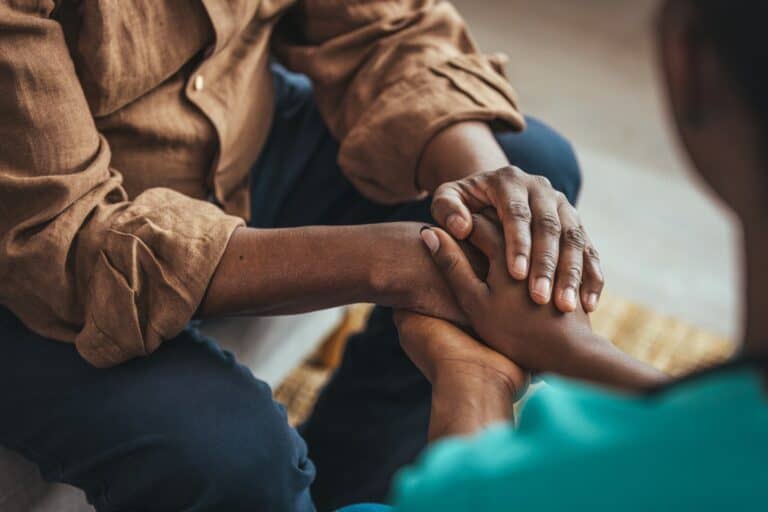
Supporting yourself to support survivors of abuse
Throughout my time acting for survivors of abuse I have, on more than one occasion, been contacted by a partner of a survivor or a family member who wants to support their loved one. Some people have only recently discovered the abuse that their loved one has endured and want to do their best to support them but don’t know where to start.
It’s often a huge shock and they are understandably upset to learn of their friend or family member’s suffering.
Some have felt that they want to do everything they can to practically support their loved one, for example trying to encourage them to contact the police or taking steps to find a counsellor or instruct solicitors. Equally, others have not known where to start and are worried about what to say or how to react when their friend or family member tells them that they have been subjected to abuse when they were a child. Worrying what to say, questioning why it has not been mentioned before and wondering what they can or should do next are all common thoughts to have.
From my experience of working with survivors I have seen how important my clients’ support networks are. Disclosing the abuse is often a very difficult time for both the survivor and those around them and I can see how much support my clients have received from other people in their lives to help them find strength at the times they needed it the most.
Abuse can impact on all areas of a survivors’ life, including within their relationships and family, and I have frequently spoken to clients’ partners who have described the difficult periods they have been through, the impact there has been on their relationship and their family – and at times the difficulty they faced in not knowing the reasons why their loved one was acting the way have acted.
It is clear to me that those who are supporting survivors play an integral role in helping them seek justice and offer support throughout the process. However, I know that it is not an easy role to fill and if you are supporting someone who has been abused in childhood NAPAC (The National Association of People Abused in Childhood) have some useful advice on their website including a downloadable booklet with advice and tips on how to support survivors and look after yourself in the process. As the saying goes – you can’t pour from an empty cup.
NAPAC’s tips to help look after yourself are summarised below:
- Take care of yourself
You cannot look after someone else if you are not taking care of yourself. It is a big step for the survivor to have confided in you but it is also okay to feel upset by the accounts they have shared and it is important that anyone supporting survivors of abuse take time to look after themselves too.
- Educate yourself
Each individual’s experiences of abuse will be different and how they have been impacted will also be different. However, the more knowledge and information you have about how an individual’s life can potentially be impacted by abuse the easier it will be to try understand their experiences and how it has impacted them.
- Communicate & believe
As above all survivor’s experiences are different and as such their needs will be different. It often takes people a huge amount of trust to confide and disclose the abuse and it is likely to be very painful for them to discuss what happened to them. For many, they may not have told anyone for years or decades what happened, and as such, opening up can be a very difficult time. NAPAC suggest not being afraid of asking a survivor how they would like to be supported rather than assuming you know what they need or perhaps feeling unsure how to help.
- Be considerate
Listen to what the survivor wants and needs and allow them time to do things at their own pace. It can be easy to want to take practical steps and take action straight away but it is important that the survivor feels in control. This can be especially important when it comes to reporting the abuse to the police or other institutions. NAPAC recommend being there to listen when needed but also understanding that the survivor may want or need to speak to someone with less personal involvement or someone that is not emotionally connected e.g. a counsellor or psychologist.
- No excuses for bad behaviour
Whilst disclosing abuse can be an extremely upsetting and difficult time it should not be an excuse for bad behaviour. NAPAC’s guidance reminds those supporting others that if a survivor is acting out their pain in a way that is harmful to you or others, the behaviour should not be tolerated.
Supporting a survivor of abuse can be a difficult and challenging time, particularly if they are someone who is close to you. It is important to listen to the survivor’s needs but also ensure you have the support you need too. You can find more information on NAPAC’s website including access to a booklet on supporting survivors and a list of organisations that may be able to offer further support.










